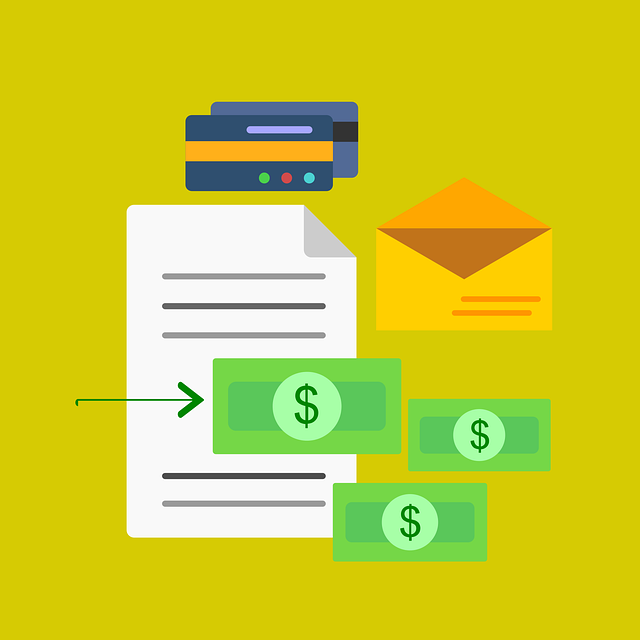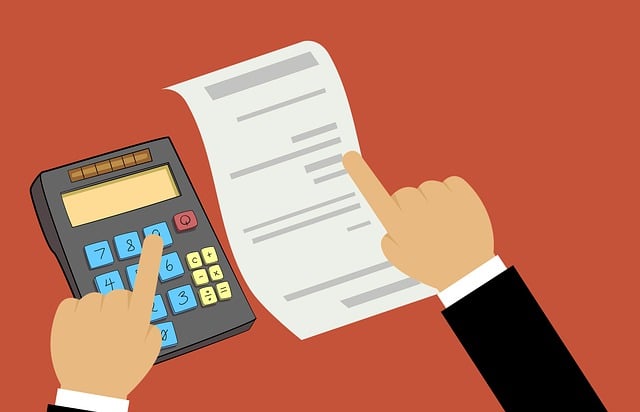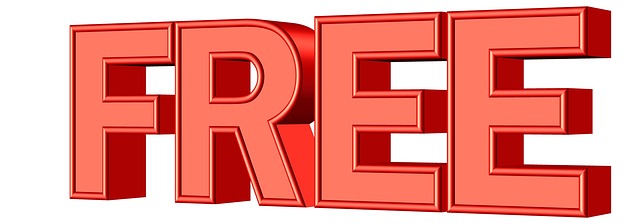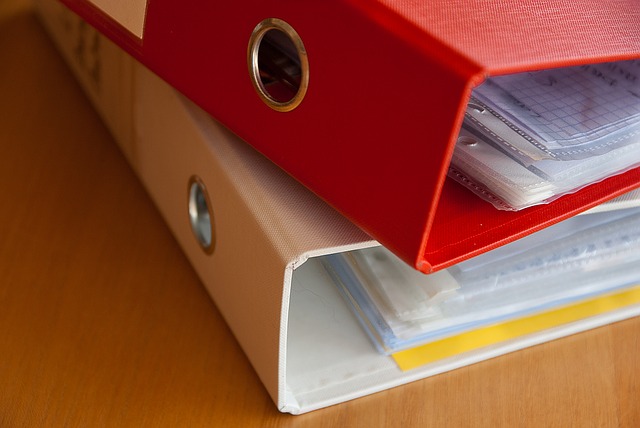
Owning and managing rental property is a business activity. Running a business requires the need to track income and expenses for tax and business health purposes. So landlord bookkeeping becomes an important task and requires different types of records: (a) a record of your income and expenses, and (b) documentation of your income and expenses.
Income & Expense Records
Tracking rental property income and expenses will help you complete rental property-related tax forms, such as Form 1040 Schedule E. The tax forms will determine if you earned a profit or incurred a loss for that year from your rental property. Schedule E is organized by property address, so you’ll want to be sure to keep records separate for each address. And it’s a good thing to know how well your business is doing.
Supporting Documentation
Documentation of your income and expenses will come in handy if you are audited. Receipts, credit card statements, and cancelled checks will prove the income earned and expenses incurred should the IRS question the information reported to them. Supporting documentation will create a paper trail and prove that your claims are correct and the tax deductions you receive are legitimate.
Worth It
Good landlord bookkeeping habits will maximize the tax benefits of owning and managing rental property. Income expense tracking and maintaining supporting documentation will reduce the stress if audited. Plus, they will let you know how your landlording business is doing financially, and provide overall piece of mind.









